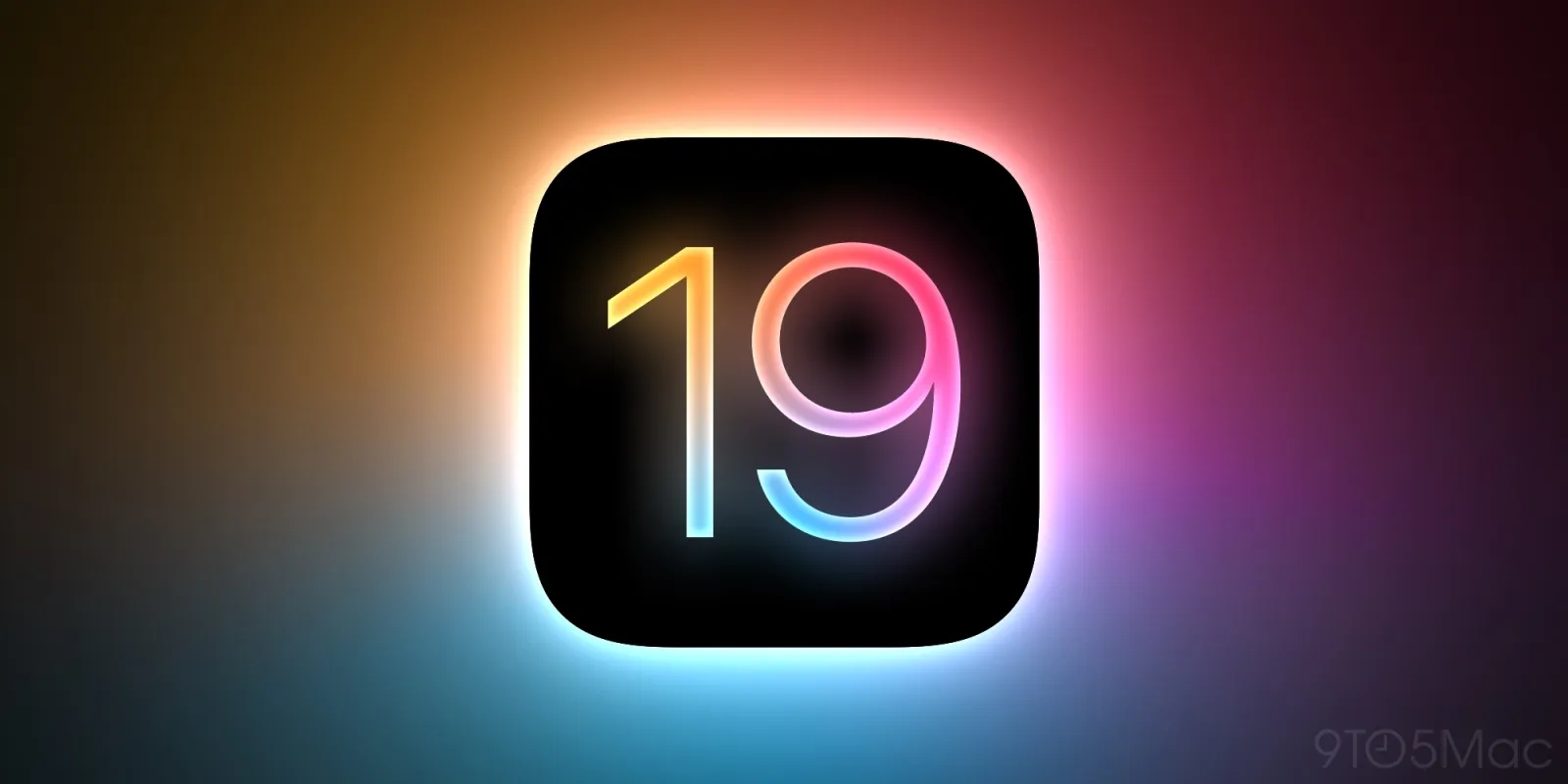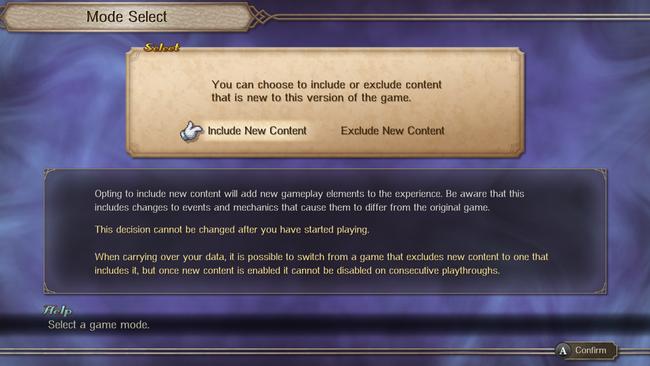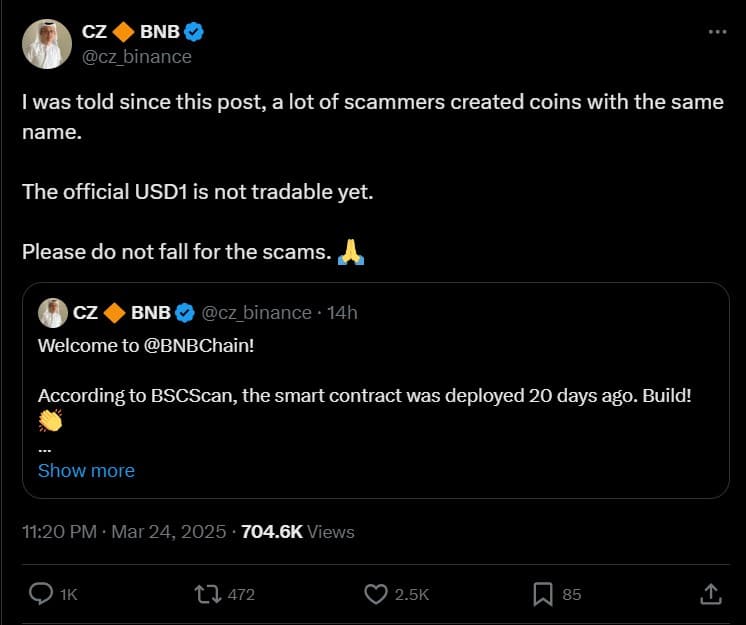In a ruling on Friday, a panel of 17 judges at the International Court of Justice (ICJ) in The Hague ordered Israel to take measures to prevent genocide in the Gaza Strip. The ruling is part of a case brought by South Africa to determine whether Israel is committing genocide against Palestinians in Gaza as it fights Hamas. While the ruling is not enforceable, it signifies a significant development in the legal case. The order, described by Palestinian Minister of Foreign Affairs Riyadh Maliki as a ruling in “favor of humanity and international law,” offers insight into its impact on the ongoing conflict between Israel and Hamas.
The ICJ’s ruling is not expected to bring immediate material changes to conditions in Gaza. Although South Africa had requested an emergency order for Israel to adhere to a cease-fire, the court instead instructed Israel to take actions to prevent harm to civilians, such as refraining from killing group members and not imposing conditions that hinder women from giving birth. The court also ordered Israel to prevent and penalize public statements that incite genocide. Even if the ICJ had demanded Israel halt its military campaign, the court lacks a formal means of enforcing this order, and Israel has made it clear that it will only cease fighting when Hamas is defeated and all its hostages are returned.
Meanwhile, due to the extensive destruction and ongoing conflict in Gaza, Palestinian lawmaker Mustafa Barghouti believes Israel cannot comply with the ICJ decisions without an immediate and permanent cease-fire.
The ICJ’s ruling carries potential implications for the United States, which has long been a strong ally of Israel. The U.S. may face mounting pressure to intervene and halt a war that has claimed the lives of over 26,000 Palestinians, predominantly civilians, as reported by the Hamas-run Gaza Health Ministry. The matter could potentially be brought to a vote in the U.N. Security Council, where members can impose economic sanctions or military action. If a Security Council vote takes place, the Biden administration will be confronted with the choice of protecting Israel by casting a veto, risking further isolation of the United States, or allowing the Security Council to act and facing domestic political consequences for not supporting Israel.
Nancy Okail, president and CEO of the Center for International Policy think tank, emphasized that the ICJ’s ruling goes beyond a legal technicality and is about safeguarding human rights globally. Okail highlighted that the White House has not provided a comprehensive response to the ICJ’s ruling, implying that this silence sends a troubling message. Acknowledging the legitimacy of the ruling and taking necessary steps in response is crucial for the U.S. and all countries to uphold shared rules and promote a global community based on principles rather than might, Okail stated.
Following the ICJ’s ruling, Israel has been ordered to report back to the court within a month, detailing the measures it is taking to prevent acts of genocide in Gaza. Israel has not indicated whether it will comply with this requirement. In response to the ruling, Israel’s Defense Minister Yoav Gallant and Foreign Minister Israel Katz expressed disappointment and reiterated the country’s commitment to distinguishing between terrorists and civilians in Gaza. They also underlined Israel’s adherence to international law independently of ICJ proceedings. Attention has now shifted to reports of President Joe Biden planning to send CIA Director William J. Burns to the Middle East to facilitate a deal between Hamas and Israel that would involve the release of all remaining hostages held in Gaza and a prolonged cessation of hostilities since the war began last year.













